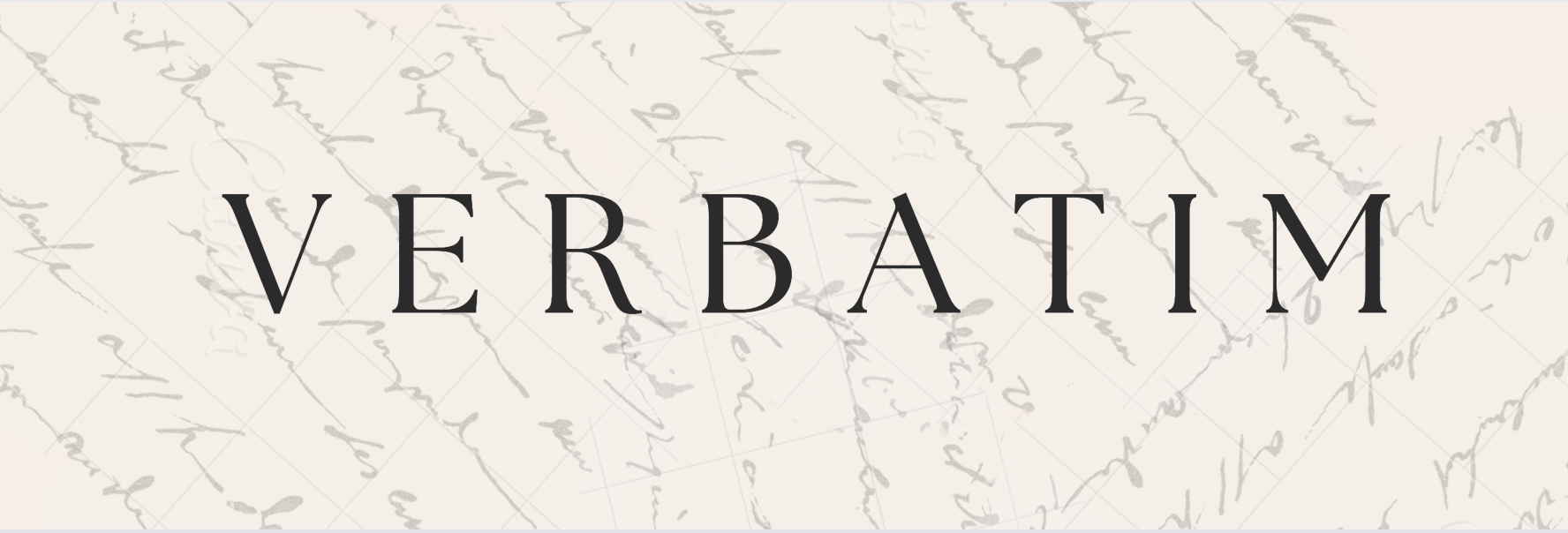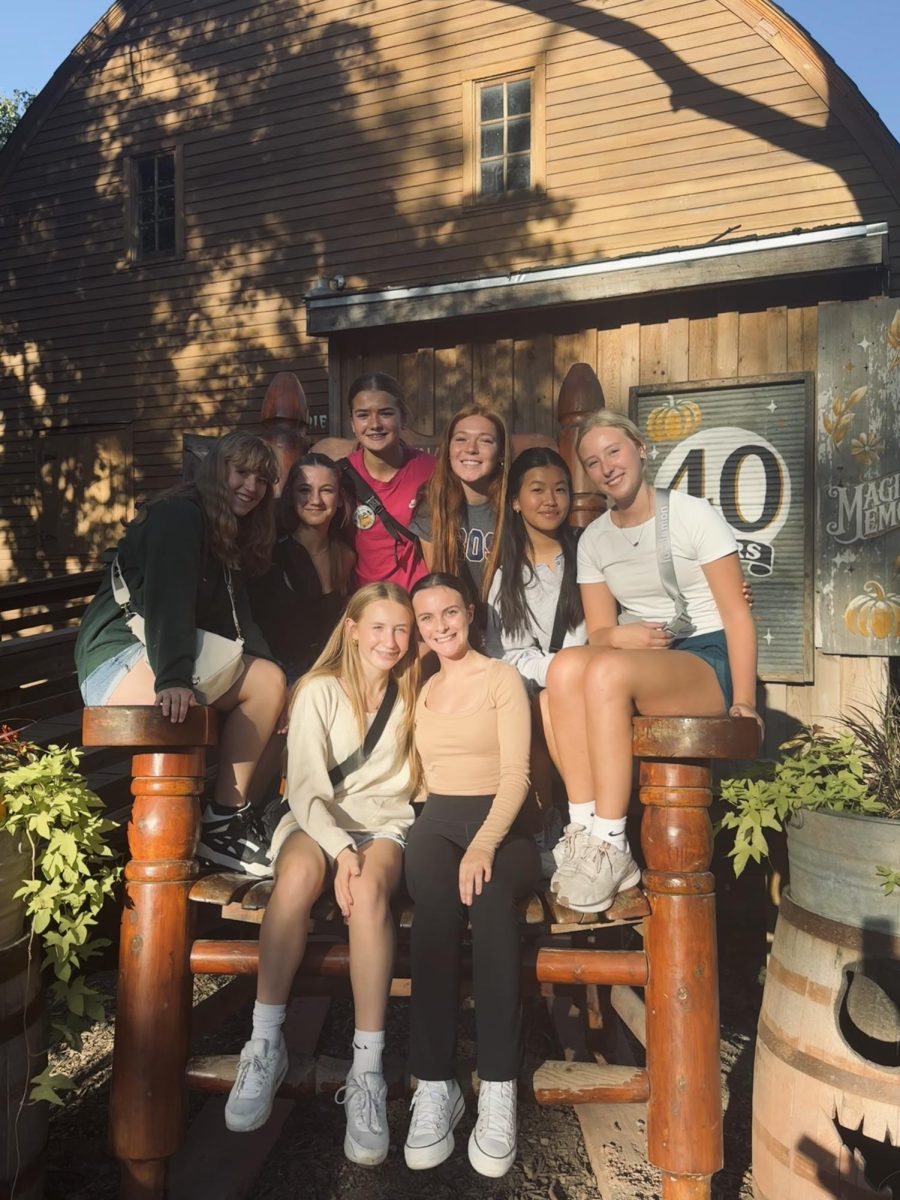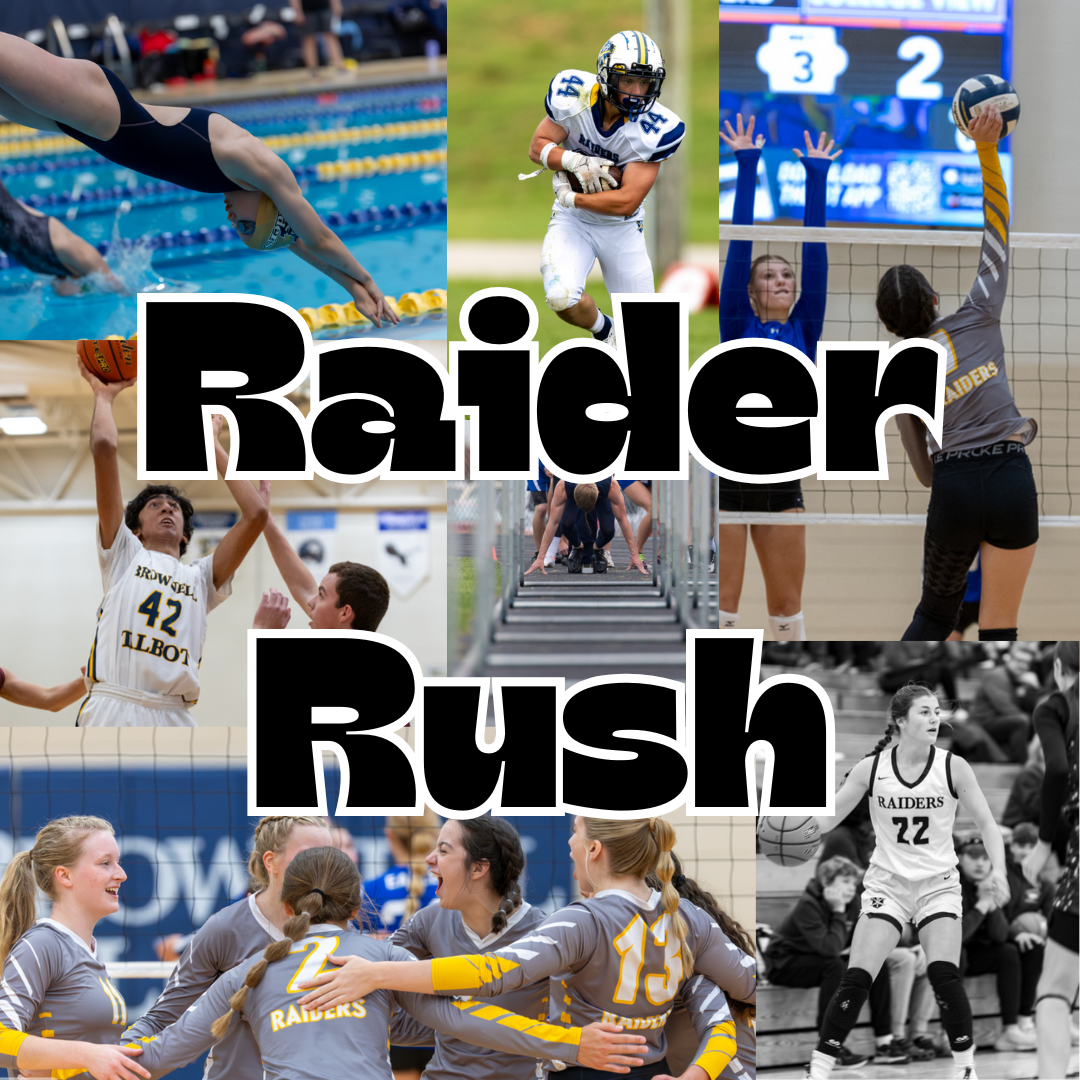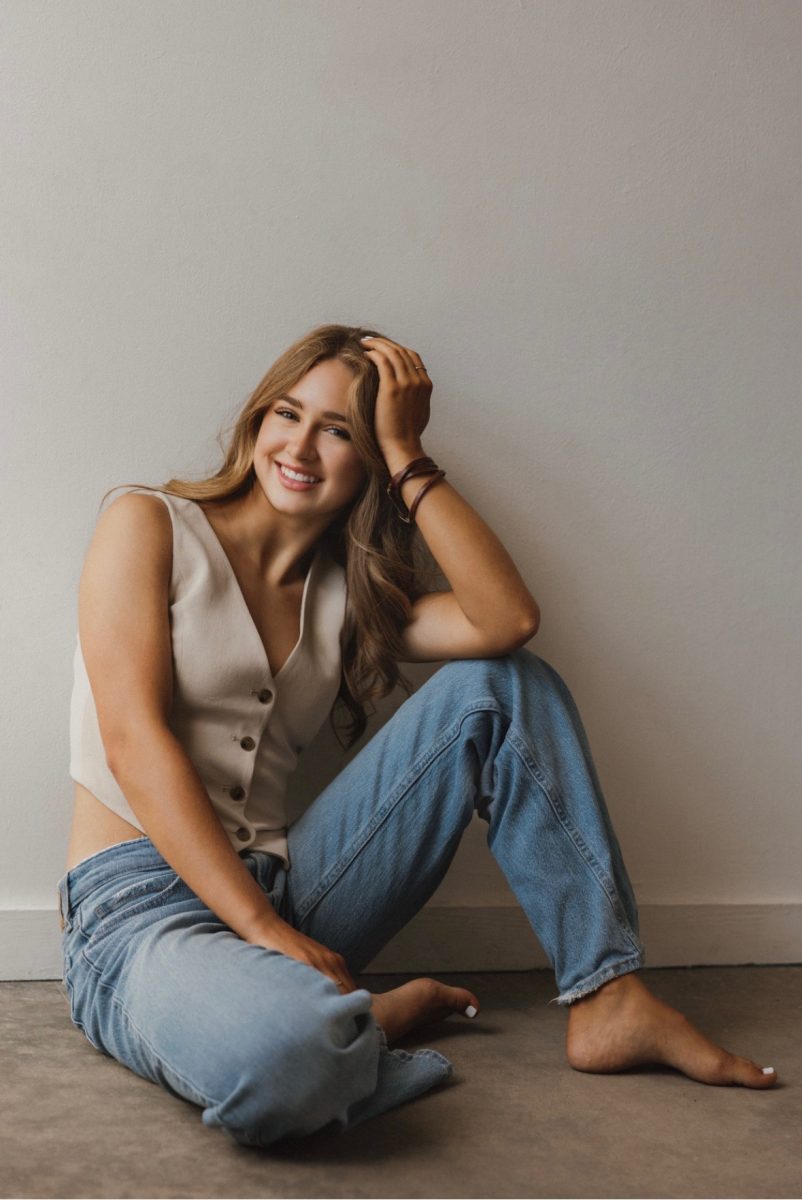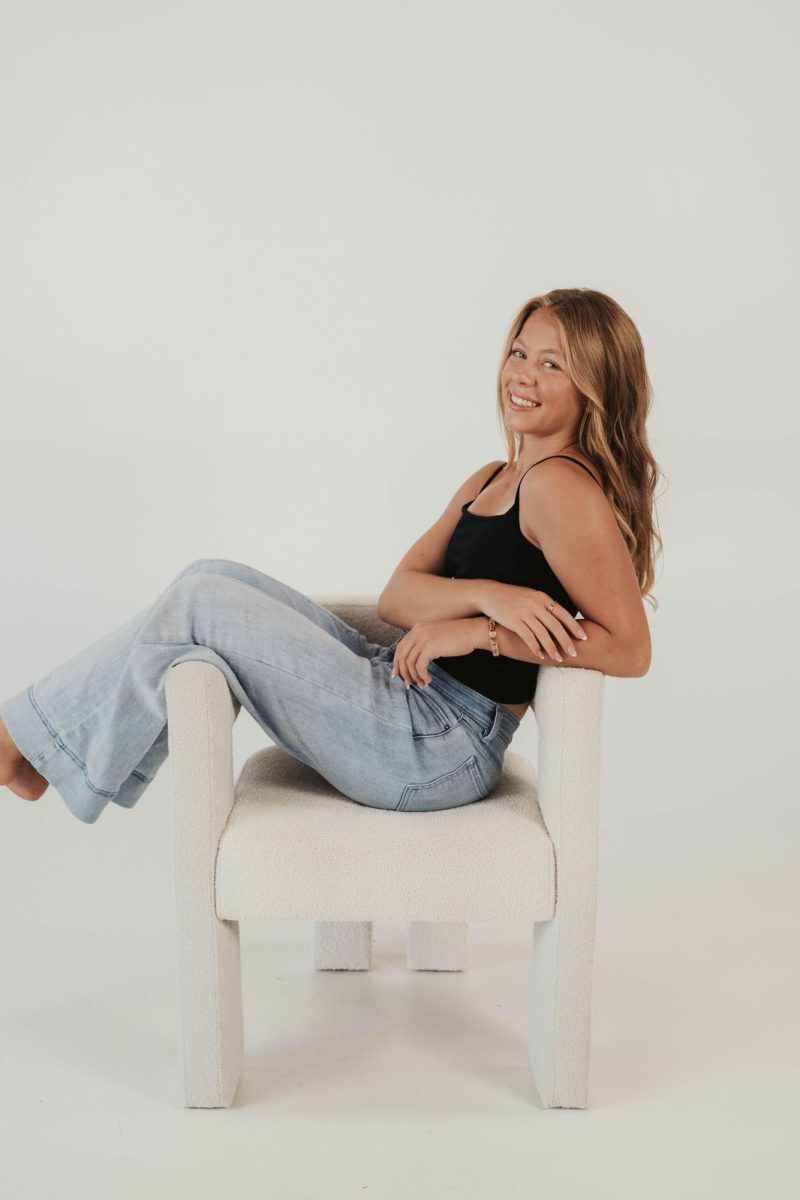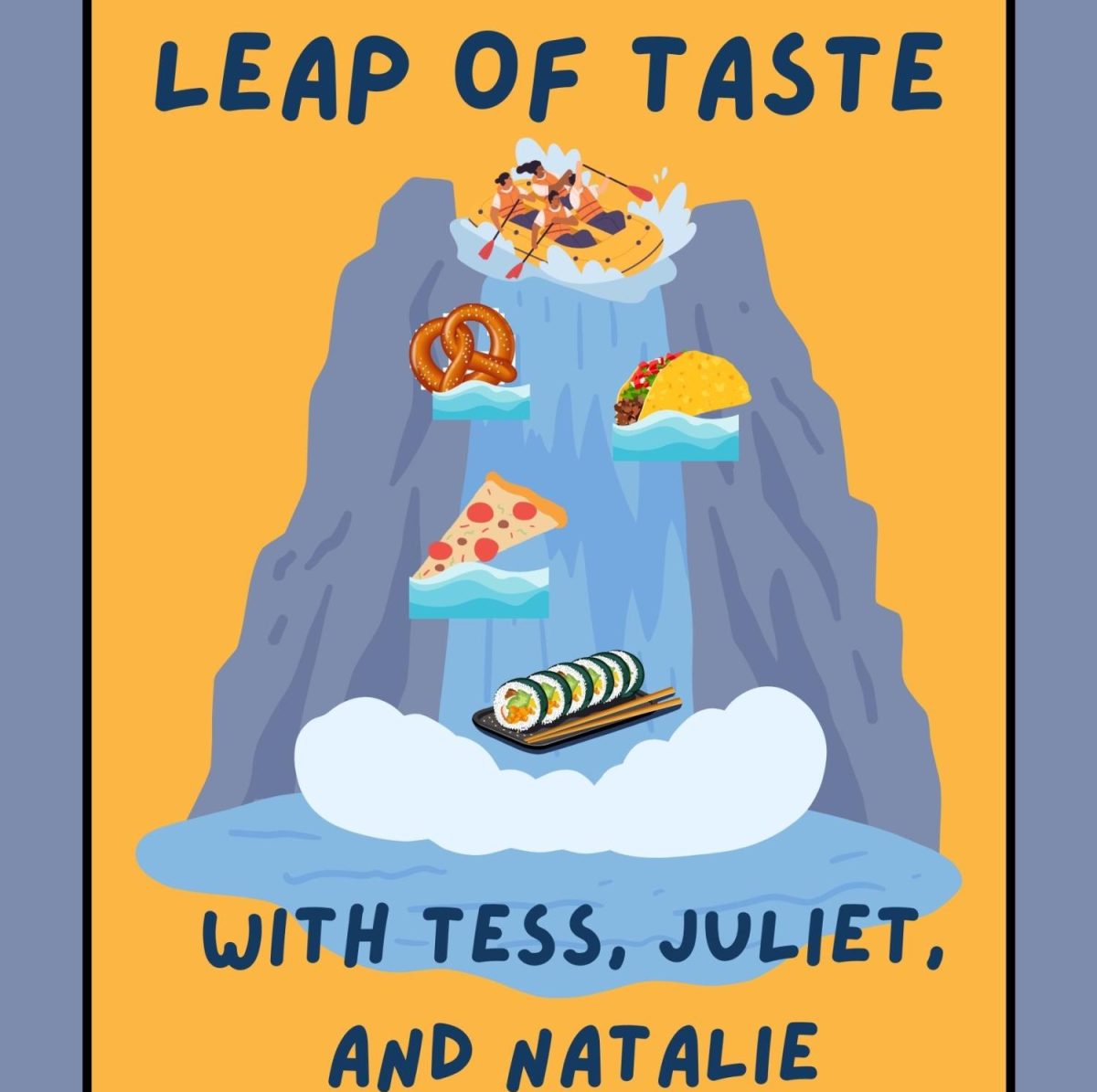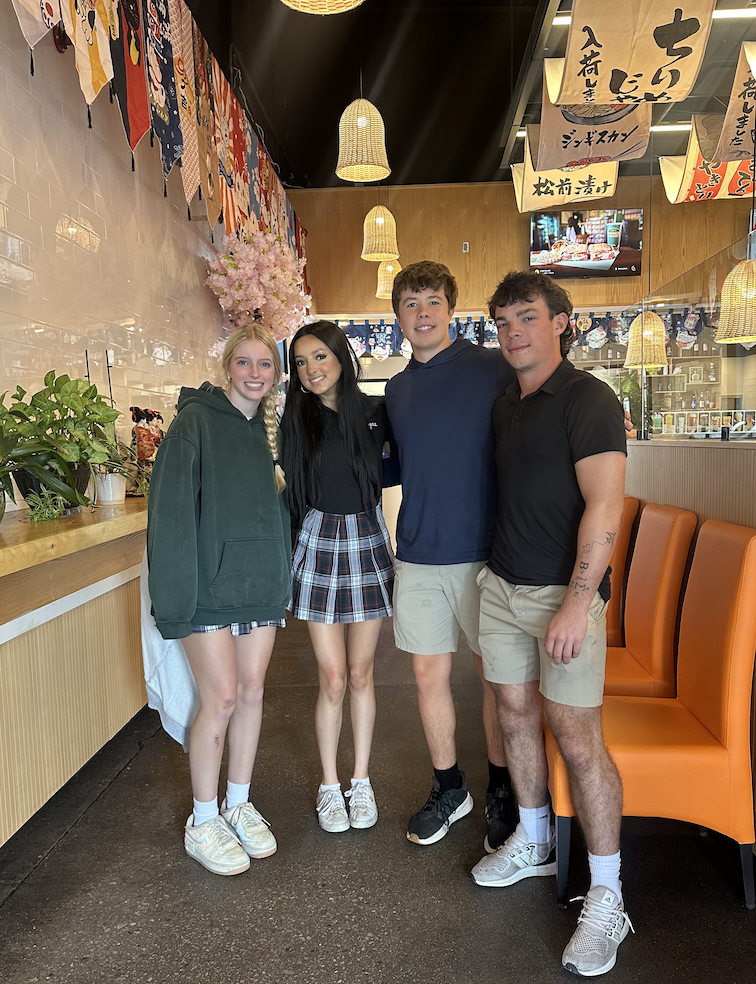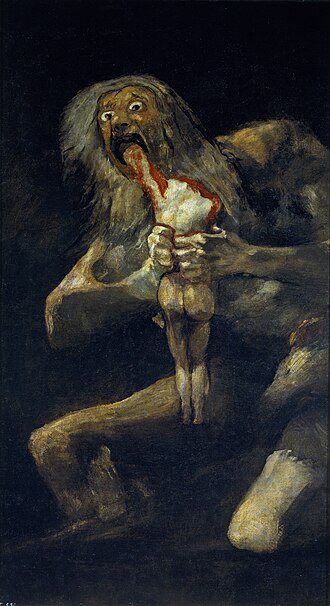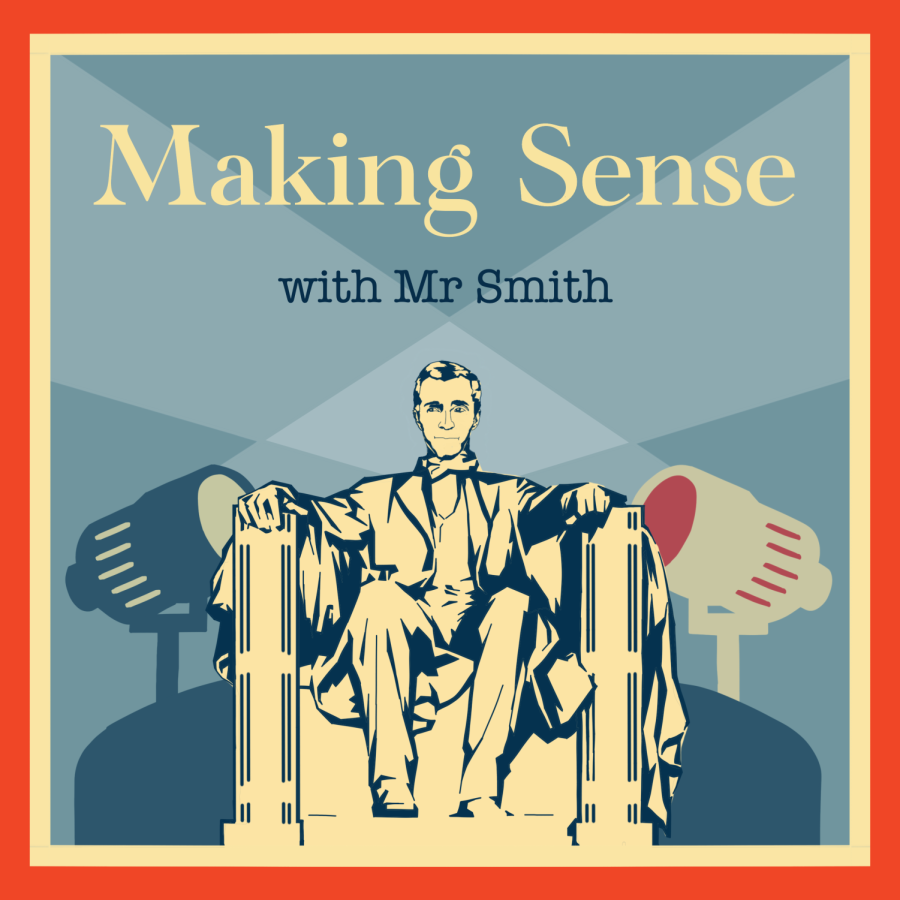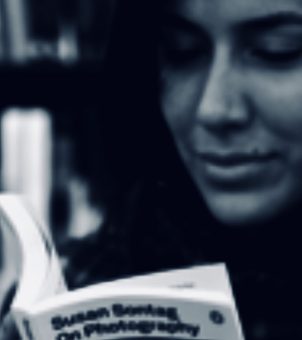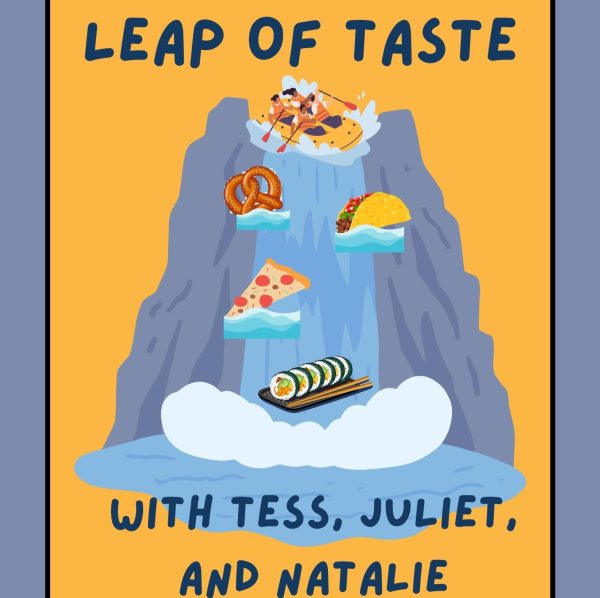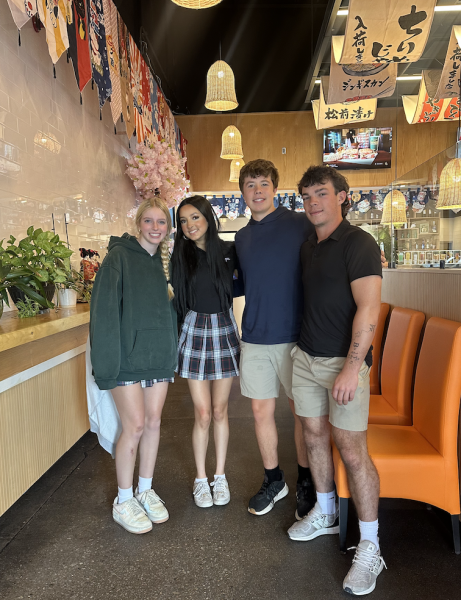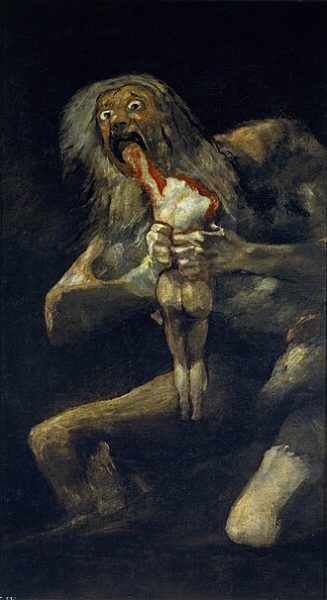Little Mermaid, Big Controversy?
A look into the backlash against movie and television remakes featuring diverse actors
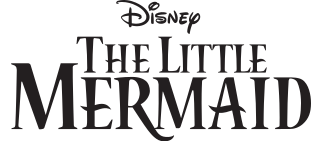
We love Disney movies, and we love the live-action ones even better. Yet lately there has been a backlash to the new Little Mermaid LIVE movie. It all started with the new trailer that came out September 9th, starring Halle Bailey; a black American singer and actress. Since the release of the trailer, the video has received a myriad of critiques in regard to Ariel’s race. In the original movie, Ariel is white. Aggrieved “fans” are attempting to use the excuse of tradition, geography, and science to try to justify openly racist commentary.
The two main factors people are using to justify the backlash is maintaining The Little Mermaid’s “tradition” and using science to help justify it. The official trailer has over 1.5 million dislikes and the #notmyariel has gone viral. People argue that Ariel is Danish; however, that was quickly overturned when according to the text and movie, Ariel is “at the bottom of the sea” so it can’t be Denmark. A second argument they have is that Ariel can’t be black because of the lack of sunlight hence the lack of melanin and pigmentation in the skin. People were quick to rush to address this supposed scientific analysis, saying that if that were the case, there wouldn’t be darker fish or sea creatures. There is also evidence that in the 15th and 16th centuries seafarers mistook manatees for mermaids, so it’s possible that Ariel isn’t a mermaid at all. And, in the 1989 animated version of the movie, Ariel’s best friend is a lobster with a Jamaican accent, which many believe lends ethos to Ariel being black—or at least should suspend disbelief enough that the “rules” of the real world need not be factored into enjoyment of an animated fantasy.
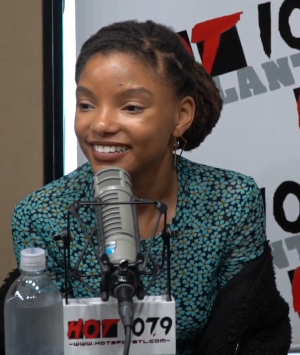
Along these lines of that, angry fans have also insisted that mermaids are European mythological creatures. A man who guys by the name of Sachula on Twitter was quick to reply with a few counterclaims. For example, Mami Wata (Mother Water) is a traditional and mythological African spirit that embodies the worship of water spirits. She’s depicted as a woman above her torso, and a fish below, sometimes with a snake around her. She symbolizes fortune, wealth, and healing. Another non-white example Sachula shows is Yamaya, a West African deity. Known as the mother of the ocean, she’s known to be worshiped in the religion of Santería, an Afro-Caribbean religion practiced around the world. She’s one of the most well-known Orishas (gods/goddesses). As the “Mother of All,” she is said to help in matters of self-love, fertility, emotional wounds, trauma, and healing work. The origin stories of mermaids have very diverse stories by many cultures around the world and aren’t just subjected to Europeans. Any claims people make to justify Ariel being caucasian are quickly overshadowed by undeniable facts.
Gen Z and younger generations are constantly exposed to the media and what it puts out. For decades, models, actors, and influencers have been primarily white, pushing the eurocentric beauty standard that only a small minority can identify with. As people continue to speak about the necessity for diversity across all platforms, we’ve continuously grown closer to that path, but there’s still a long way to go. Studies show that there is a definite correlation between children’s low self-esteem and inaccurate representations of racial groups in the media. For example, the Children’s Television Project at Tufts University discovered a strong connection between children’s low self-esteem and disparaging media representations of racial minorities. The authors say that children of these groups may become confused about certain aspects of their identity due to media misrepresentations of them. Adolescents need to “not only have a diverse universe of characters but also that these characters have diverse characteristics.”
Kids who see actors of their race, ethnicity, sexuality, disability, etc. are more likely to overall be happier because they see a role model who’s like them, which in turn helps with their low self-esteem and increases self-love and self-acceptance. And, with only one race being represented as the “ideal look” it starts to diminish culture because it teaches people that their culture couldn’t possibly be beautiful because it isn’t represented in big mainstream media. Contrary to skeptics expressing their dislike for Halle Bailey playing Ariel, recorded reactions of little kids seeing a woman who looks like them make their eyes light up with joy. NowThisNews posted a TikTok compilation on Twitter of black kids’ reactions to the trailer. In the video, there are three girls that say, “She’s black! Yes, yes, yes, yes! I can’t wait to see this!” It’s emotional to watch and adds to the point of how crucial diversity is on TV. Watching how it impacts people should convince others that accurate representation is the right step for everyone who’s experienced the oppression of their cultures that have been swept under the rug.
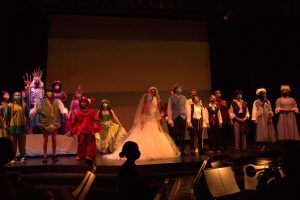
Halle Bailey on the other hand is excited to represent the Little Mermaid. She has chosen to appreciate and pay attention to the positive reactions to the trailer. She responded to a Twitter post saying, “People have been sending these reactions to me all weekend and I’m in truly in awe … this means the world to me.” Bailey isn’t ignorant of the negative backlash. In fact, it has helped her move forward and remember what it means to have this acting opportunity as she stated in a Youtube video posted on her channel, “And even still today with all of the commentary and people’s opinions going on, it just reminds me to be number one: grounded, and grateful that I have this opportunity.” It’s Safe to say she feels the goodness has overweighed the bad. She also mentioned in that same YouTube video she understands why the trailer got so much attention, “The fact that it’s sparking such a discussion for all of us … I mean, I know what it would’ve meant to me as a little girl to have been able to see a Black Ariel.”
